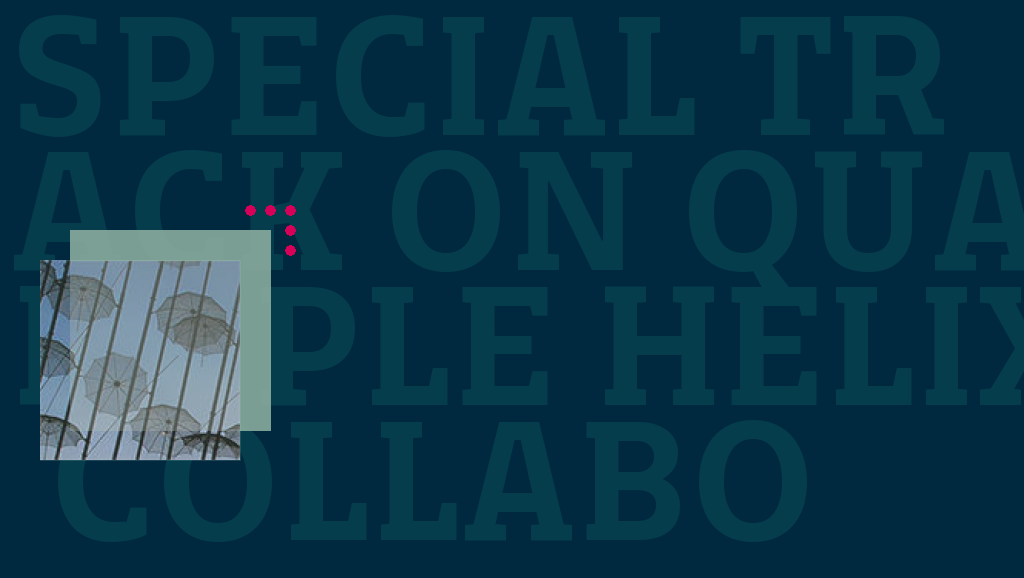Triple Helix Conference, Thessalonici, Greece, 30-9 – 1-10 2019
Special Track on: Quadruple Helix Collaborations for Responsible Innovation Processes, Procedures, People and Impact organized by Vincent Blok, Renate Wesselink and Eugen Popa
Call description
Contemporary society faces a series of grand challenges on topics such as energy production, transport, equity, and healthcare. Such challenges require systemic, innovative solutions. Motived by moral obligation to help address these challenges, and pressured from the outside to legitimize themselves in relation to societal needs, existing institutions and actors in the knowledge economy are playing new roles and entering new configurations of collaboration across sectoral divides. The Quadruple Helix Collaboration (QHC, henceforth) is an example of such a constellation in which academia, industry, citizens and the government collaborate within the innovation process to create robust, systemic solutions to grand challenges. As strategies for addressing grand challenges, QHCs are closely related to the idea of responsible research and innovation (RRI), especially the concept of stakeholder inclusion widely discussed in RRI.
The organizers of the track Quadruple Helix Collaboration for Responsible Innovation invite participants to join the discussions on QHC and their relationship with RRI. In this track the aim is to further current research into how such collaborations take place in real life (the process), what methods there are to improve and study these collaborations (the procedures), the individual characteristics that foster a productive and sustainable collaboration (the people) and whether all thisleads indeed to a more responsible form of innovation (the impact).
Theme and research topics
For the past two decades, the phenomenon of Quadruple Helix Collaborations, i.e, R&D partnerships between academia, industry, government and civil society, has been widely discussed in both academic literature and policy circles. Through QHCs, the innovation process is expected to become more inclusive and, as such, its results are expected to be more accountable socially and ethically. This ‘democratization’ of the knowledge production, also referred to as the ‘opening up’ of R&D for competitive advantage and socio-ethical accountability, is supported both by those interested in Quadruple Helix Collaborations but also, as a matter of primary research interest, by scholars interested in responsible research and innovation or RRI and other related subjects such as science. Although responsible innovation in industrial settings is underrepresented in current research, it appears that there is a very significant and potentially fruitful overlap in research interests between these areas, for instance in the area of corporate social responsibility, cross-sector partnerships and multi-stakeholder alliances, stakeholder engagement, and open innovation.
The following research questions are indicative of the type of questions that might be asked at the intersection between these themes/approaches. The aim of these questions is to provide a better understanding of the phenomenon of QHC and its relation to RRI for policy-making purposes. Track contributions are not limited to these specific formulations. Similar questions within the theme given above are very much welcome and will be taken into consideration.
Process: What does a QHC for RRI process look like in its natural habitat?
1. How are QHCs for RRI initiated and how are the partners selected and maintained?
2. What does the interaction/partnership within QHCs consist of and how frequent is the interaction between partners?
3. What kind of conflicts, differences of opinion, power imbalances arise in QHCs for RRI, and how are they managed?
Procedures: What procedures can be used to improve/further QHCs for RRI?
1. What stakeholder interaction tools and project management tools are used in QHC for RRI and what does their success depend upon?
2. What tools are employed to measure the success of a QHC for RRI?
People: What are the necessary/useful individual traits of the participants in the QHCs for RRI?
1. What is the distance (ethical, social, economic, cognitive) between partners and situations in which this distance becomes relevant
2. What are the competencies that are needed/useful in participating in a QHC for RRI?
3. What do participants learn from QHC for RRI at individual and organizational level ?
Relationship to RRI: What is the relationship between QHC and RRI?
1. How can the ‘RRI level’ of an innovation process can best be measured within the context of a QHC?
2. Are QHCs perceived as being more responsible than other collaboration sub-sets of the four helixes?
3. What are the factors that impact the responsibility of the innovation in the context of QHCs?
Submission:
Abstracts can be submitted via the website: For further clarification contact vincent.blok@wur.nl
————–
















